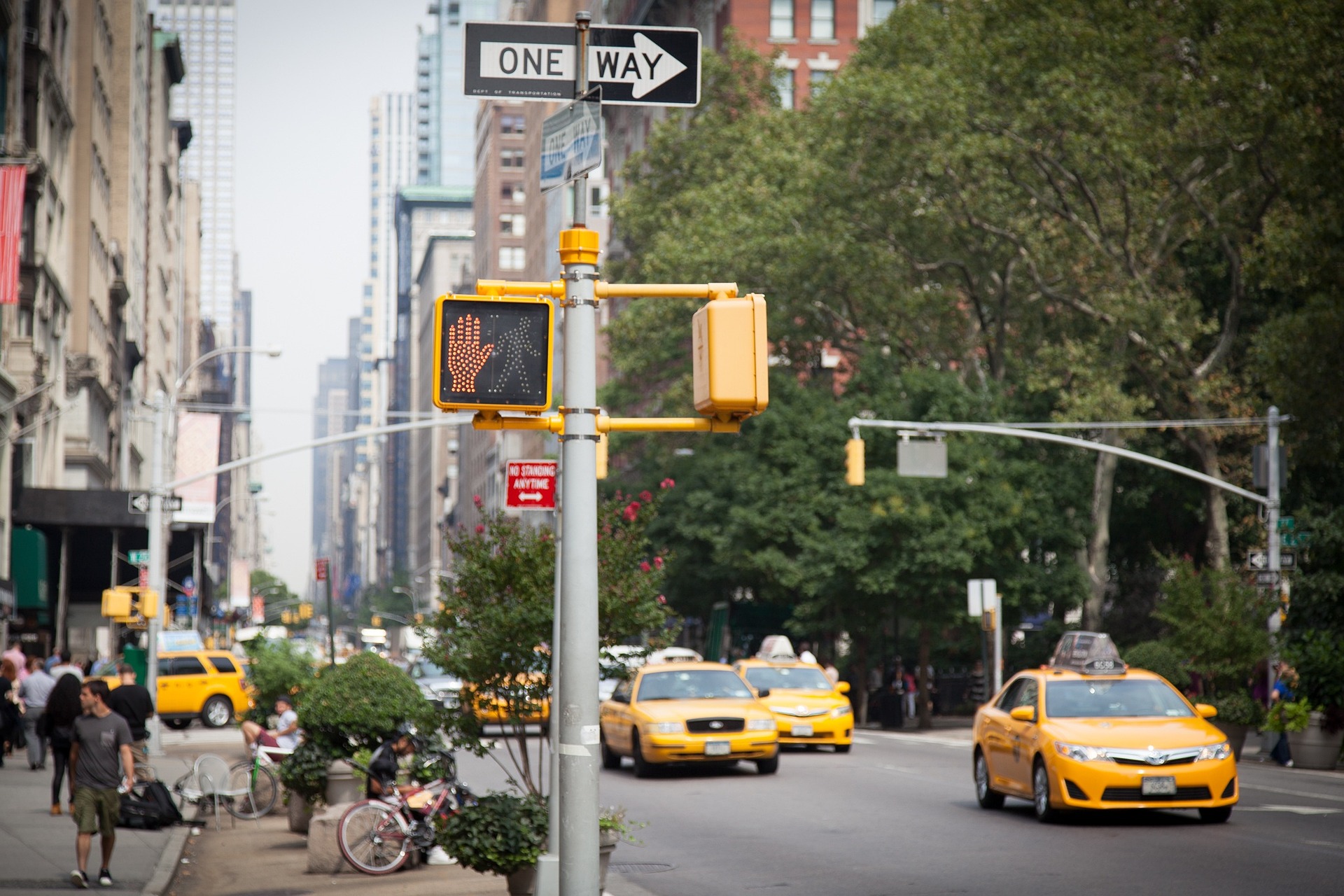The Emergence of Immersive Travel: A Deep Dive into Authentic Experiences
Travel trends come and go, but there's something about immersive travel that has captured the imagination of globetrotters around the world. Immersive travel is more than a fad; it's a shift in perspective that is transforming the way we explore the world. Unlike traditional tourism, immersive travel encourages visitors to plunge into the local culture, environment, and lifestyle of their destination, fostering a deep and meaningful connection.

Unveiling the Concept of Immersive Travel
Immersive travel is a new paradigm in tourism that encourages travelers to immerse themselves in the cultural and social fabric of the destination they visit. This trend moves away from the conventional model of sightseeing and encourages a more intimate and enriching experience. Instead of racing from one landmark to another, immersive travelers take the time to understand the local customs, cuisine, and communities, turning their journeys into a profound learning experience.
The Shift Towards Immersive Travel
The rise of immersive travel can be attributed to several factors. The proliferation of social media and the internet has made travelers more informed and curious about the world. Rather than being satisfied with cookie-cutter itineraries and crowded tourist spots, they are seeking out authentic, off-the-beaten-path experiences that reflect the true essence of their destination.
The Impact of Immersive Travel
Immersive travel has several benefits, both for travelers and the communities they visit. For travelers, it offers a more enriching and memorable experience. By engaging directly with local culture and lifestyle, travelers can learn and grow in ways that standard tourism rarely allows.
For local communities, immersive travel can provide economic benefits and cultural exchange opportunities. By focusing on local experiences, travelers contribute to the local economy and help preserve cultural traditions. However, there’s a need to ensure that immersive travel is practiced responsibly to prevent the negative impacts of over-tourism and cultural exploitation.
A Peek into Immersive Travel Trends
-
Learning Local Crafts: From pottery workshops in Japan to weaving lessons in Peru, travelers are keen on learning local arts and crafts.
-
Culinary Experiences: Local food is a significant part of any culture. Immersive travelers often participate in cooking classes, food tours, or farm-to-table experiences to understand the culinary traditions of the place they’re visiting.
-
Homestays and Volunteering: Staying with a local family or volunteering in a community project provides travelers with a firsthand experience of the local lifestyle.
The Future of Immersive Travel
Immersive travel is more than a passing trend; it’s a movement that is redefining the face of tourism. As travelers seek more meaningful and authentic experiences, the demand for immersive travel is expected to grow. However, the industry needs to ensure that the rush towards immersive travel does not lead to cultural commodification or environmental degradation.
In conclusion, immersive travel offers a fresh perspective on tourism, one that emphasizes cultural understanding, personal growth, and responsible practices. Whether it’s learning a traditional craft, savoring a home-cooked meal, or participating in a local festival, these experiences allow travelers to see the world through a new lens, making their journeys more enriching and memorable.




